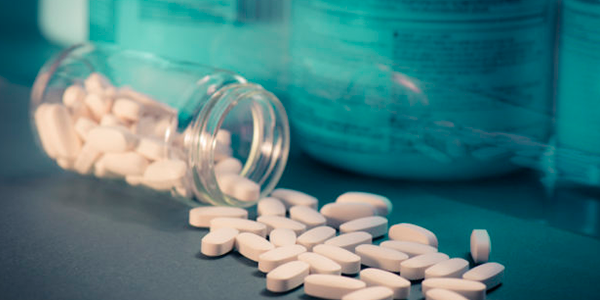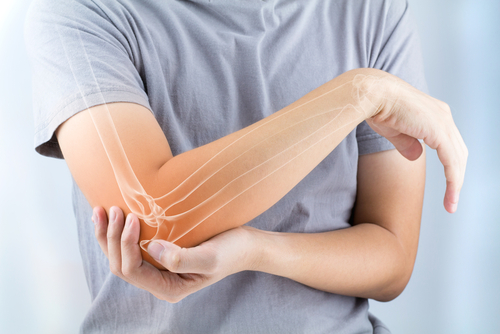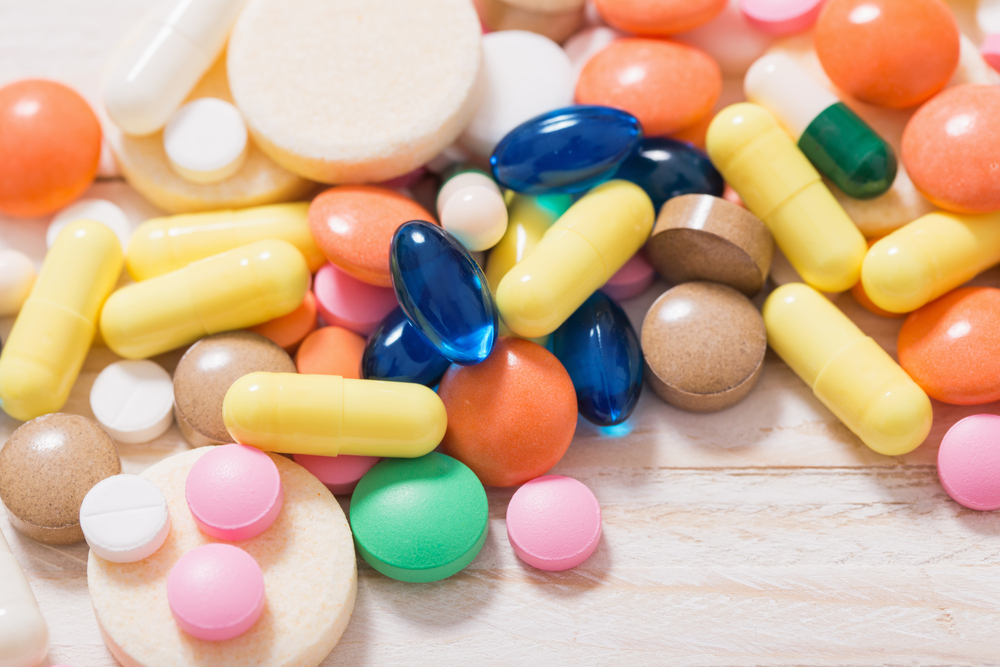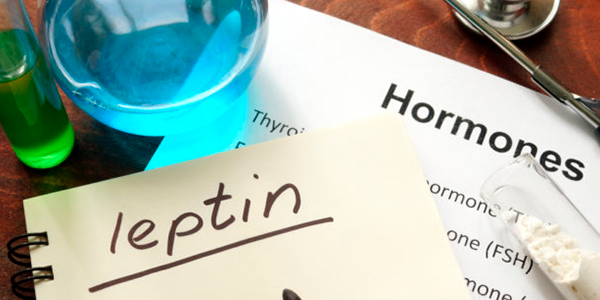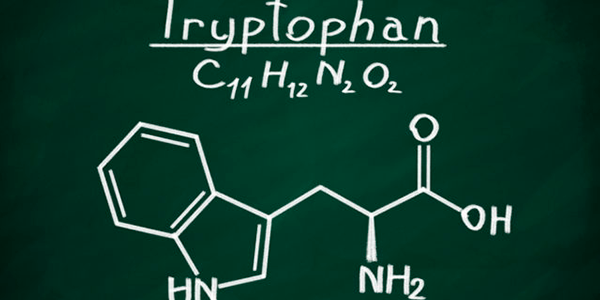THE IMPORTANCE OF THE RECOVERY PERIOD
April 26, 2017

Physical Activity
When we perform physical activity. The benefits of exercise are obtained during the recovery period. This characterizes the post-activity period as of fundamental importance to the objectives of the program. Until very recently all the emphasis of the evolution of the sports sciences was directed to perfecting the training programs. Scientific progress in this area has taken place in an accelerated fashion. Contributing to the enormous evolution of sporting performance. To the point of becoming more and more frequent the questioning about the limits of the body.
THE RECOVERY PERIOD
Currently there is a new area that beckons with perspectives of great innovation and very interesting possibilities. In particular the contribution of the exercise to performance and health. It is exactly the science of post-activity recovery.Resynthesis
Current scientific knowledge teaches that there are two important mechanisms that develop during recovery. Consequently once the exercise ends the muscles have an immediate need to replenish the energy reserves. This replacement is translated by a mechanism of re-synthesis. The used fuel represented by muscular glycogen.Rest and nutrients
To replenish glycogen, muscles require two basic conditions. Rest and nutrients. Especially carbohydrate sources. Which must be delivered immediately after the activity ends. Thus immediate supply of glucose ensures a faster glycogen replenishment and speeds up the recovery period. According to recent scientific studies. The recommendation is to consume 1gram per pound of body weight of carbohydrates during the first thirty minutes of recovery. The second mechanism of recovery is the repair of tissue damage. This is the process of remodeling the muscles as a result of exercise stimulation. Physical activity promotes a "tissue damage". This is repaired by an inflammatory process, reshaping the muscles' ultra structure. During this period, the important nutrient is protein. Above all the combination of rest and nutrients is that will meet the need for recovery. Here too, the first few minutes of recovery are important. The intake of 0.25 grams per pound of protein weight provides a faster recovery.
Certainly, new scientific knowledge will emerge. More and more information will be added to help the benefits of exercise be enhanced. The area of "recovery science" must certainly be one of the most fertile fields for foreground.
This is the process of remodeling the muscles as a result of exercise stimulation. Physical activity promotes a "tissue damage". This is repaired by an inflammatory process, reshaping the muscles' ultra structure. During this period, the important nutrient is protein. Above all the combination of rest and nutrients is that will meet the need for recovery. Here too, the first few minutes of recovery are important. The intake of 0.25 grams per pound of protein weight provides a faster recovery.
Certainly, new scientific knowledge will emerge. More and more information will be added to help the benefits of exercise be enhanced. The area of "recovery science" must certainly be one of the most fertile fields for foreground.




